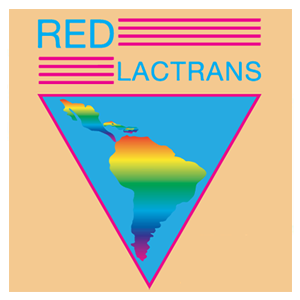REDLACTRANS leads the effort to truly know the extent of anti-transgender discrimination and violence across Central America. Their new report, exposes these human rights violations, and demands that Central American governments enact laws to “recognize and guarantee the right of trans people to freely exercise their gender identity.” Being able to live their gender identity is the first step in ensuring access to jobs, healthcare, and justice for trans persons.
This essential, life-saving work needs more support to see laws changed and life expectancy increased for transgender people throughout the region.Your $25 Donation to REDLACTRANS through their U.S. partner Heartland Alliance will extend critical documentation and reporting violations occurring across Latin America and the Caribbean. Donations are tax-deductible to the fullest extent allowed.
REDLACTRANS is a regional network of transgender organizations in 16 countries across Latin America and the Caribbean, founded in 2004. The network’s goal is to achieve respect for the human rights of transgender persons across the region through political advocacy, visibility and by strengthening the advocacy efforts of local transgender member organizations in the areas of healthcare, education and access to justice for transgender persons. The REDLACTRANS member organization in Argentina played a fundamental role in the Argentine government’s adoption of the world’s most comprehensive and progressive gender identity law in 2013. The REDLACTRANS network aims to have this law replicated across the region.
Human rights documentation: Transgender people experience high rates of discrimination and violence across the Latin American and Caribbean region. REDLACTRANS member organizations in Central America have been trained on how to document and monitor these instances of human rights violations, and are using this documented evidence to demand their governments enact change. As the coordinating body of the network, the Secretariat of REDLACTRANS, based in Argentina, is compiling the cases of human rights documentation at a sub-regional level and leveraging regional and international human rights institutions to pressure governments in the region to respond.

